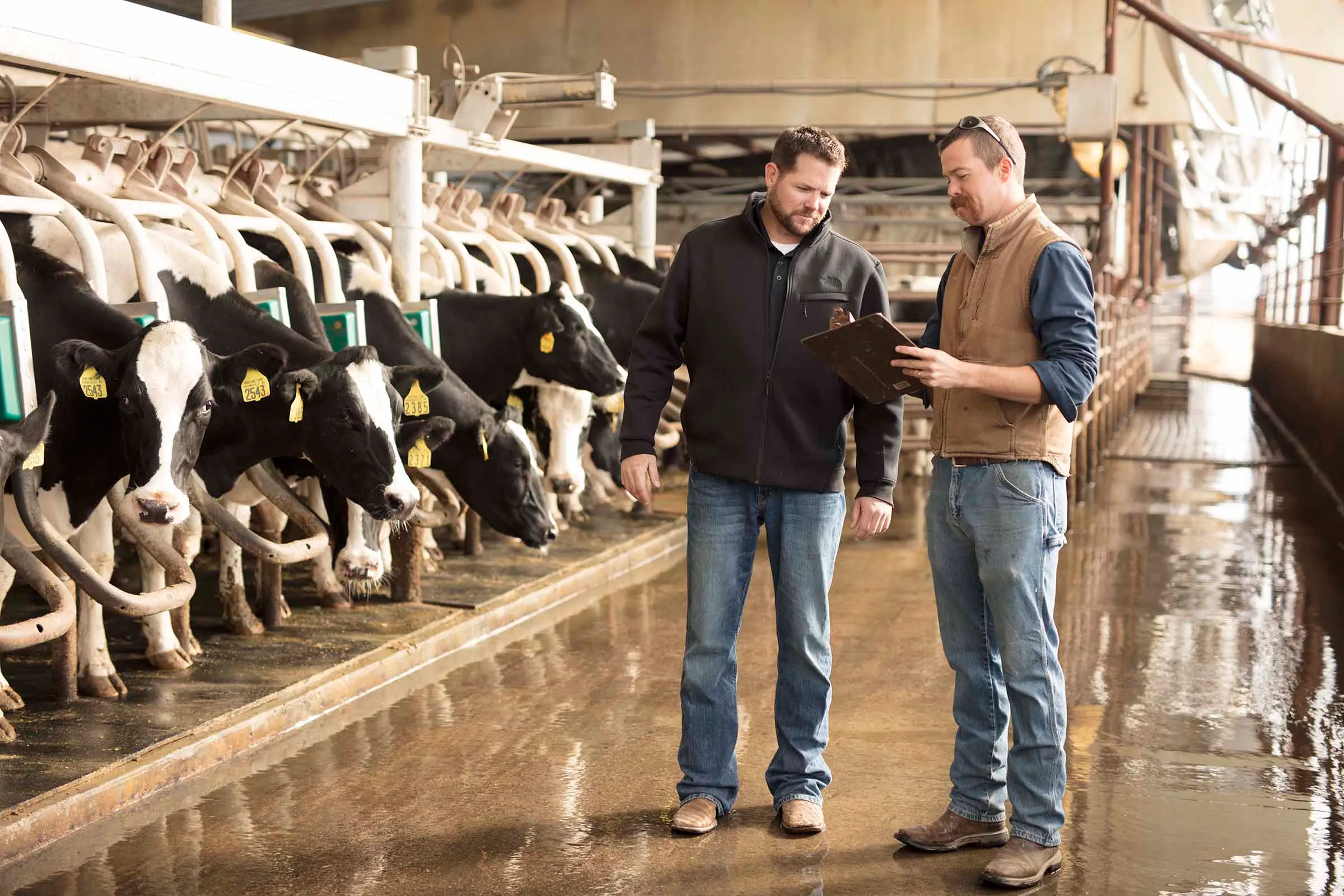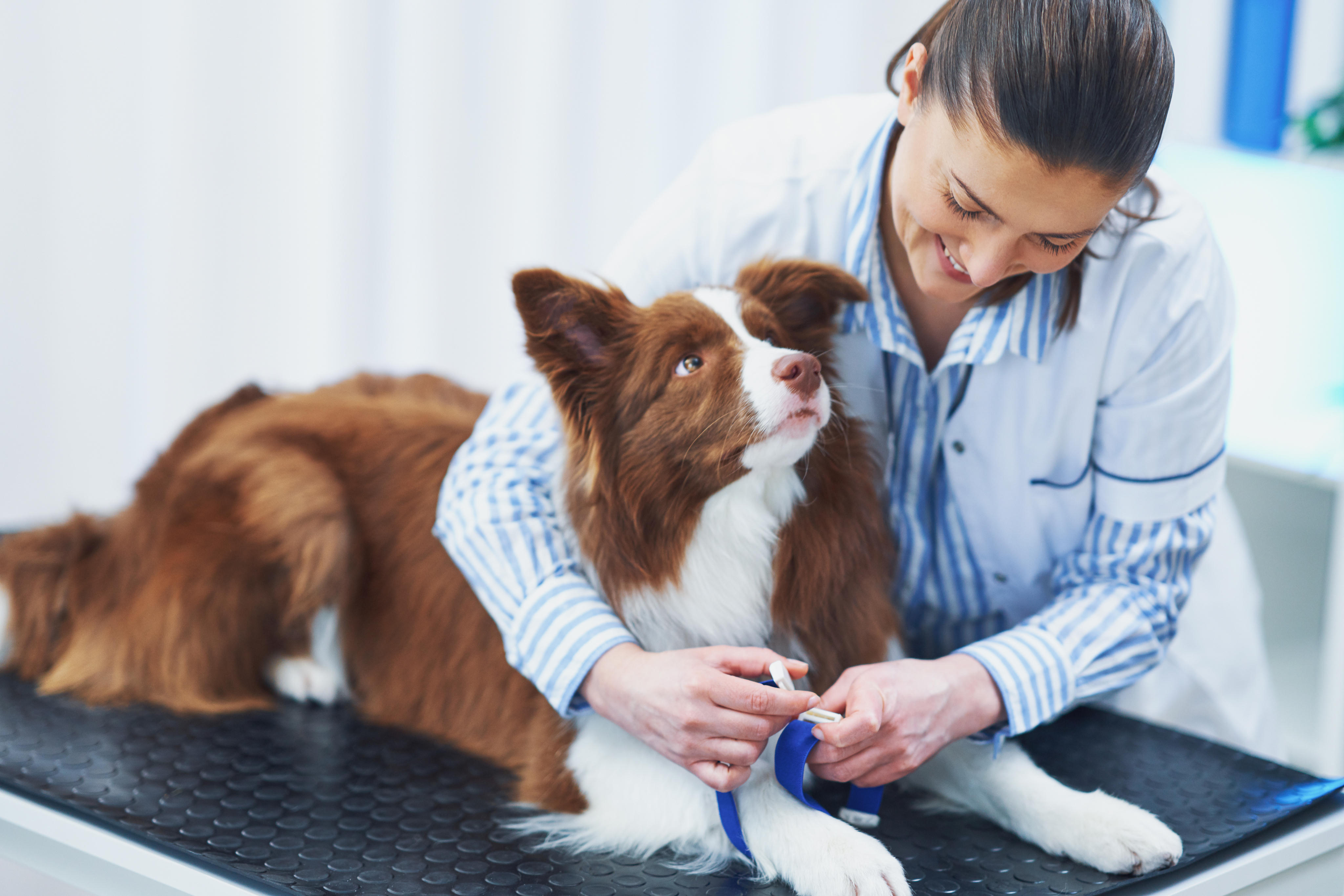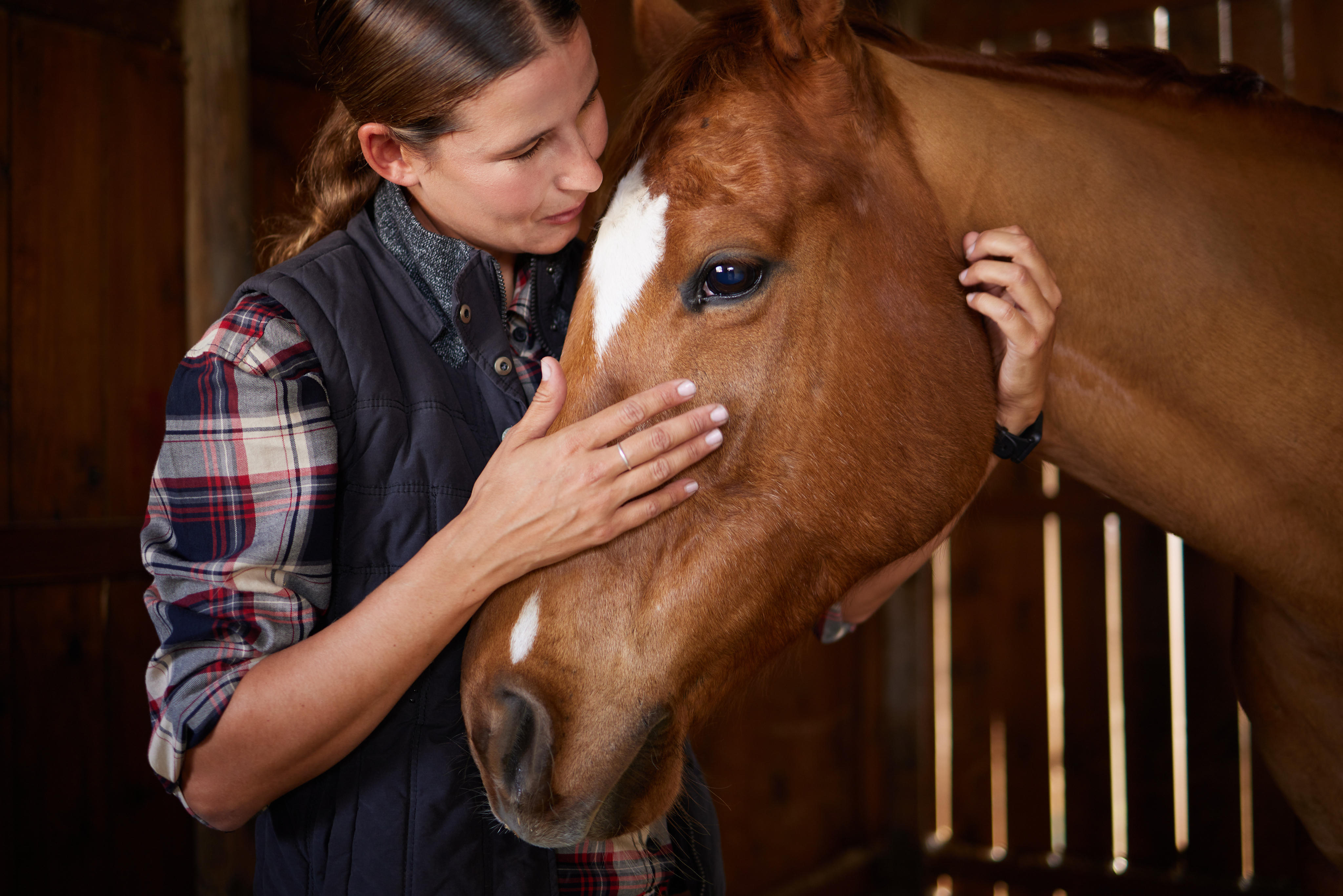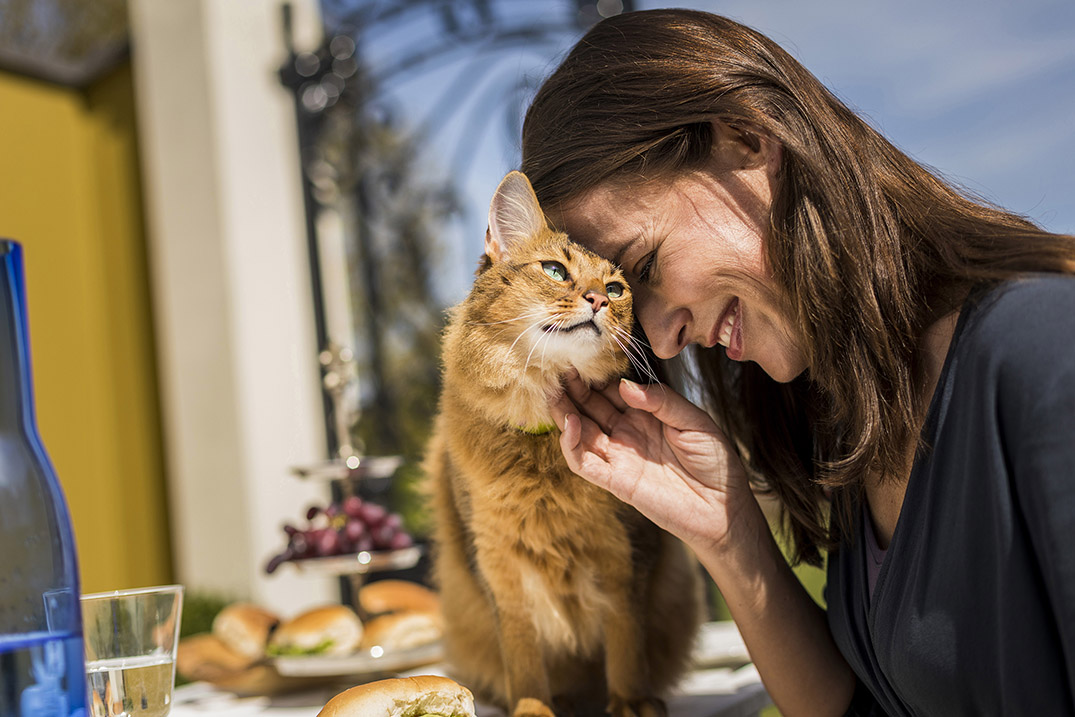First Deworming. First Vaccination.
First Steps Toward a Healthy Life.
To a foal, everything is new. And how you handle him, feed him and care for him will lay the foundation for the rest of his life. That’s why Merck Animal Health introduced the Foal Care to help ensure a healthy start for your foal.
The key to raising a healthy foal is preparation and prevention. Newborn foals are at risk for a variety of conditions associated with abnormal events during late pregnancy, delivery and/or the first few weeks of life.
Older foals aren’t out of the woods. As they explore their environments and encounter other foals and mares, they can be exposed to a variety of viruses, bacteria and parasites that increase the risk of respiratory disease and diarrhea.
In addition, a well-balanced diet during the first year of life is critical to ensure optimal nutrition and controlled growth.
Your local foal expert.
There is no better resource for specific questions on foal health and nutrition than your veterinarian. Together, you and your veterinarian can create and customize a plan for maximum growth and appropriate preventive health care for your foal.
Get Foal Care Resources
Download Resources to keep track of key vaccination and deworming milestones
to help you work with your veterinarian to keep your foal healthy.
Delivery & Newborn Foal Care
You’ve waited months (11+ months to be exact) and now your beautiful new filly or colt is about to arrive. Now what?
Foal Nutrition and Growth
Your healthy newborn foal should consume 15%-25% of his body weight in milk daily and gain an average of 1-3 pounds per day. Your foal may nurse 70 to 80 times per day.
Foal Vaccinations
Once your foal is born, immediate disease protection occurs through the consumption and absorption of his vaccinated dam’s first milk, called colostrum. Over time, the maternal antibodies present in the colostrum decline and your foal needs the added protection that only comes through proper immunization.
Deworming The Foal
Young foals are generally more susceptible to parasites than adult horses. Exposure begins early. The major gastrointestinal parasite of concern in a foal is ascarids.




 Go To United States
Go To United States Algeria
Algeria Argentina
Argentina Australia
Australia Austria
Austria Bahrain
Bahrain Belgium (Dutch)
Belgium (Dutch) Brazil
Brazil Canada (English)
Canada (English) Chile
Chile Colombia
Colombia Croatia
Croatia Czech Republic
Czech Republic Denmark
Denmark Ecuador
Ecuador Egypt
Egypt Finland
Finland France
France Germany
Germany Greece
Greece Hungary
Hungary India
India Indonesia
Indonesia Iraq
Iraq Ireland
Ireland Israel
Israel Italy
Italy Japan
Japan Jordan
Jordan Kuwait
Kuwait Lebanon
Lebanon Malaysia
Malaysia Mexico
Mexico Morocco
Morocco Netherlands
Netherlands New Zealand
New Zealand Norway
Norway Oman
Oman Panama
Panama Peru
Peru Philippines
Philippines Poland
Poland Portugal
Portugal Qatar
Qatar Romania
Romania Russian Federation
Russian Federation Saudi Arabia
Saudi Arabia South Africa
South Africa South Korea
South Korea Spain
Spain Sweden
Sweden Switzerland (French)
Switzerland (French) Taiwan
Taiwan Thailand
Thailand Tunisia
Tunisia Turkey
Turkey Ukraine
Ukraine United Arab Emirates
United Arab Emirates United Kingdom
United Kingdom Uruguay
Uruguay Yemen
Yemen Global
Global